While it may be hard not to presume that Paul is a villain after Dune: Part Two events, Dune 3 will prove there is more to him than meets the eye.
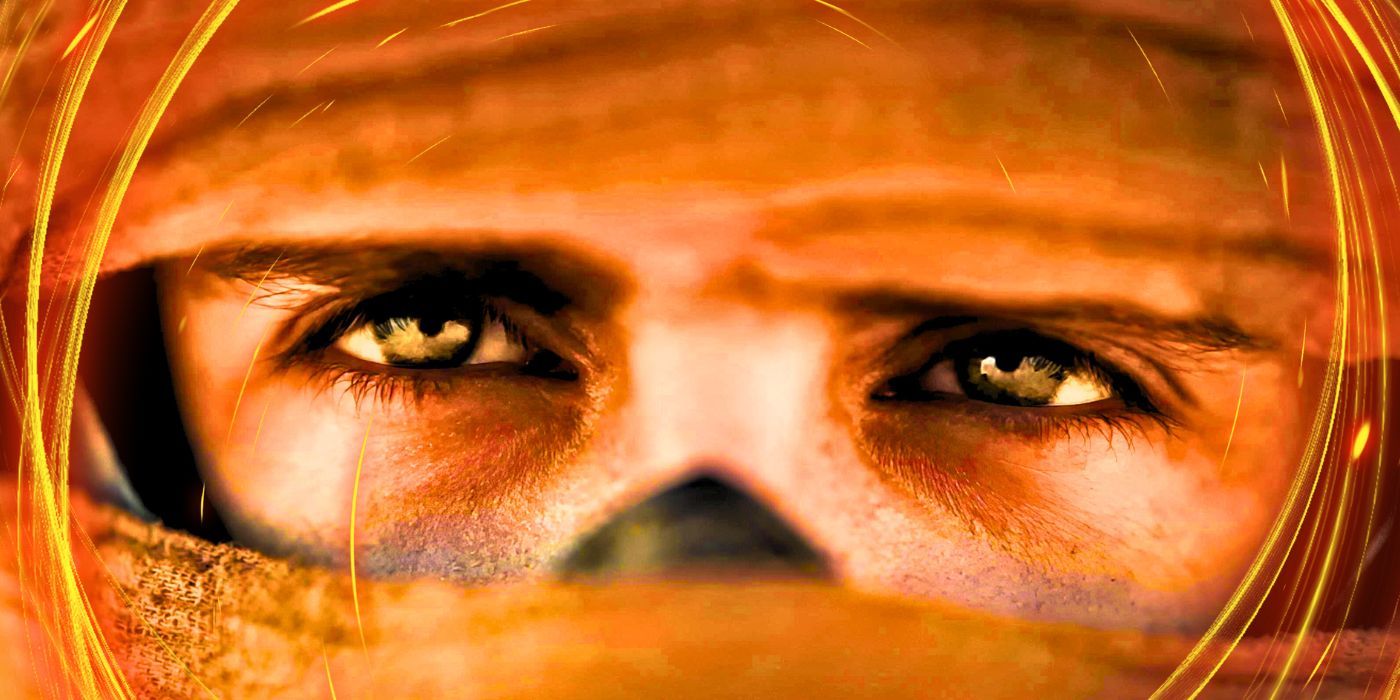
Dune 2‘s events make it hard not to believe that Paul Atreides is a villain, but Dune 3 will likely prove that there is more complexity to his characterization than meets the eye. Denis Villeneuve’s movies are not the first to adapt Frank Herbert’s novels. In the past, a 1984 David Lynch film and a 2000 television series attempted to traverse the Dune books to the live-action storytelling medium. However, none of the previous adaptations worked because they failed to portray one crucial aspect of Paul Atreides’ journey.
While Frank Herbert always wanted Paul’s story in Dune to be interpreted as a cautionary tale about the dangers of unchecked power, the David Lynch movie and the miniseries failed to capture the author’s vision and portrayed Paul as a hero. The series briefly mentioned what Paul’s actions would eventually lead to but, unfortunately, did not follow up on the plot thread. As seen in Dune 2, Denis Villeneuve’s movie series accurately captures the essence of how the author intended to portray Paul as a villain. However, there is still another layer to Paul’s characterization that Dune 3 will uncover.
Paul Doesn’t Just Want Power In Dune
Paul has virtuous motives in Dune
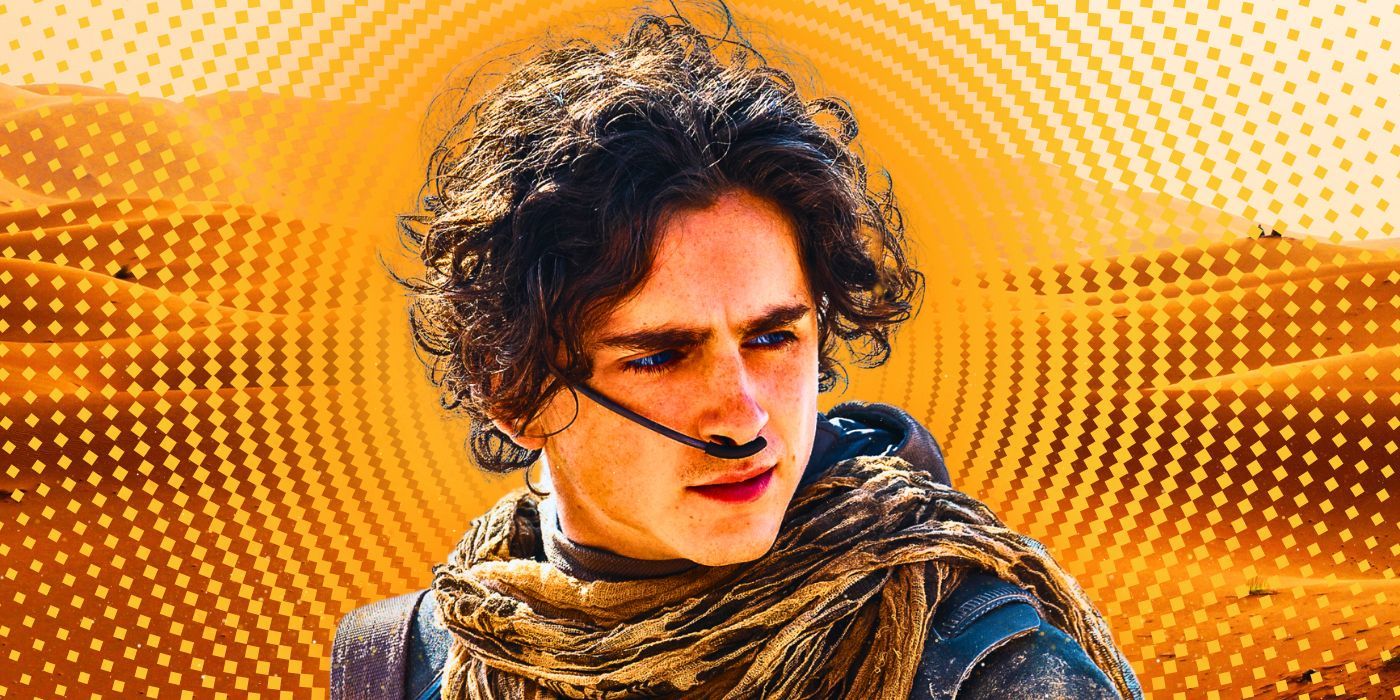
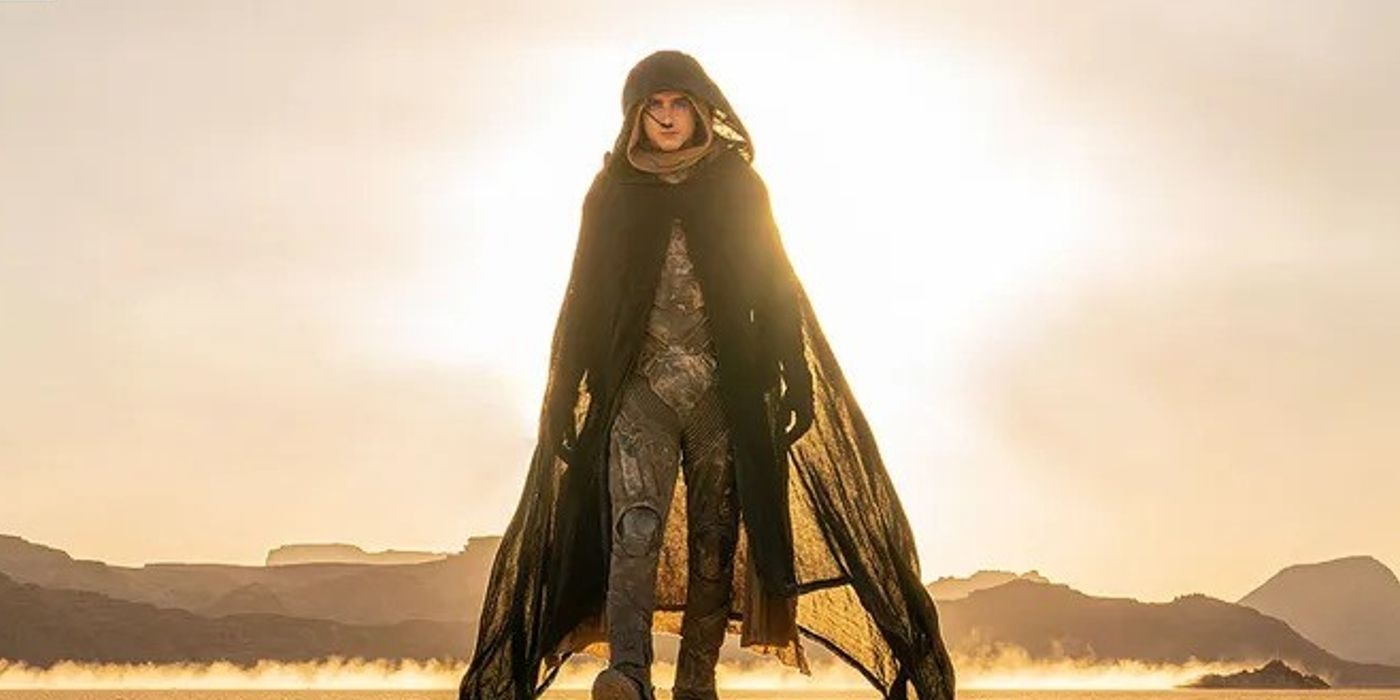
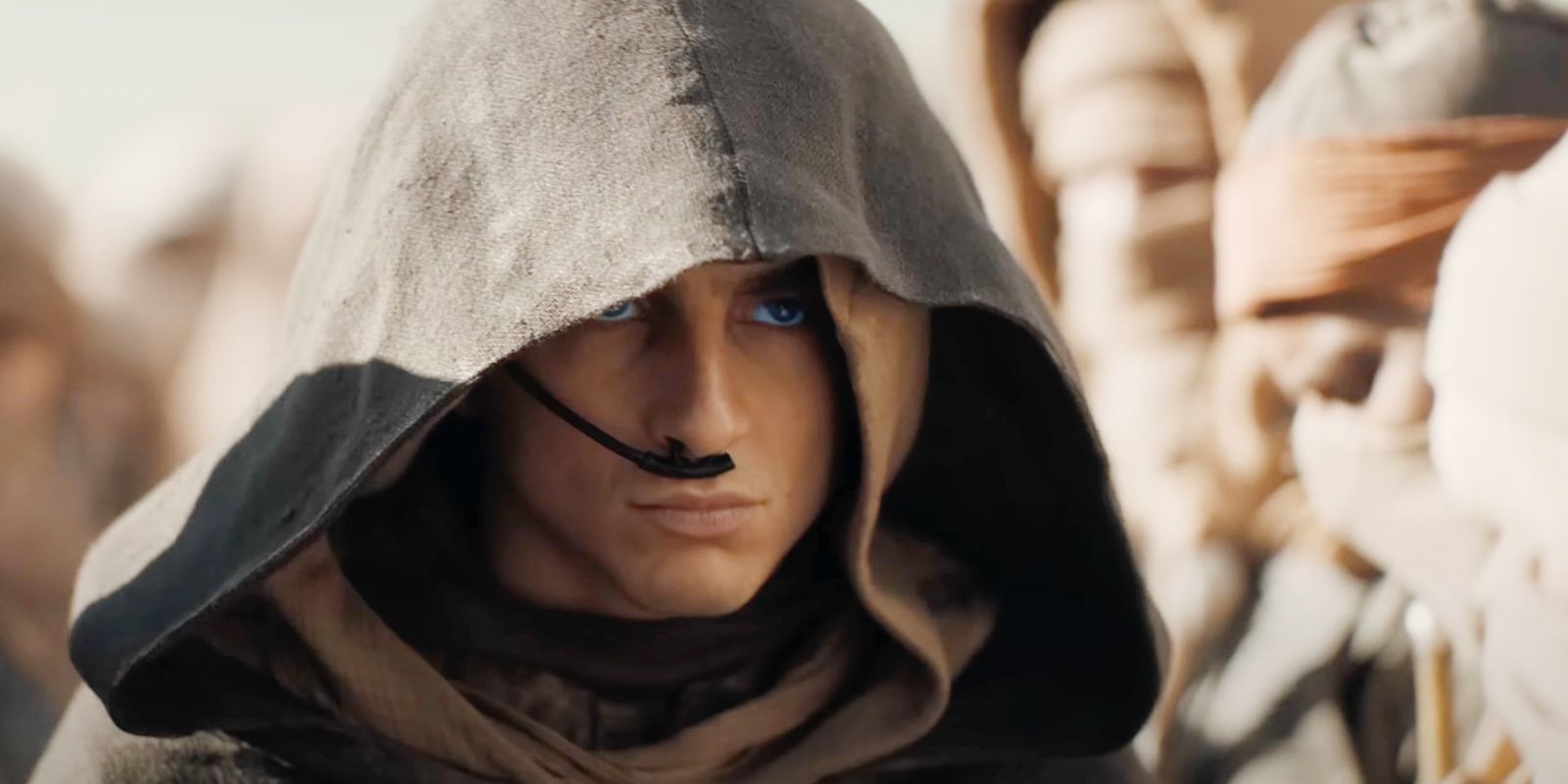
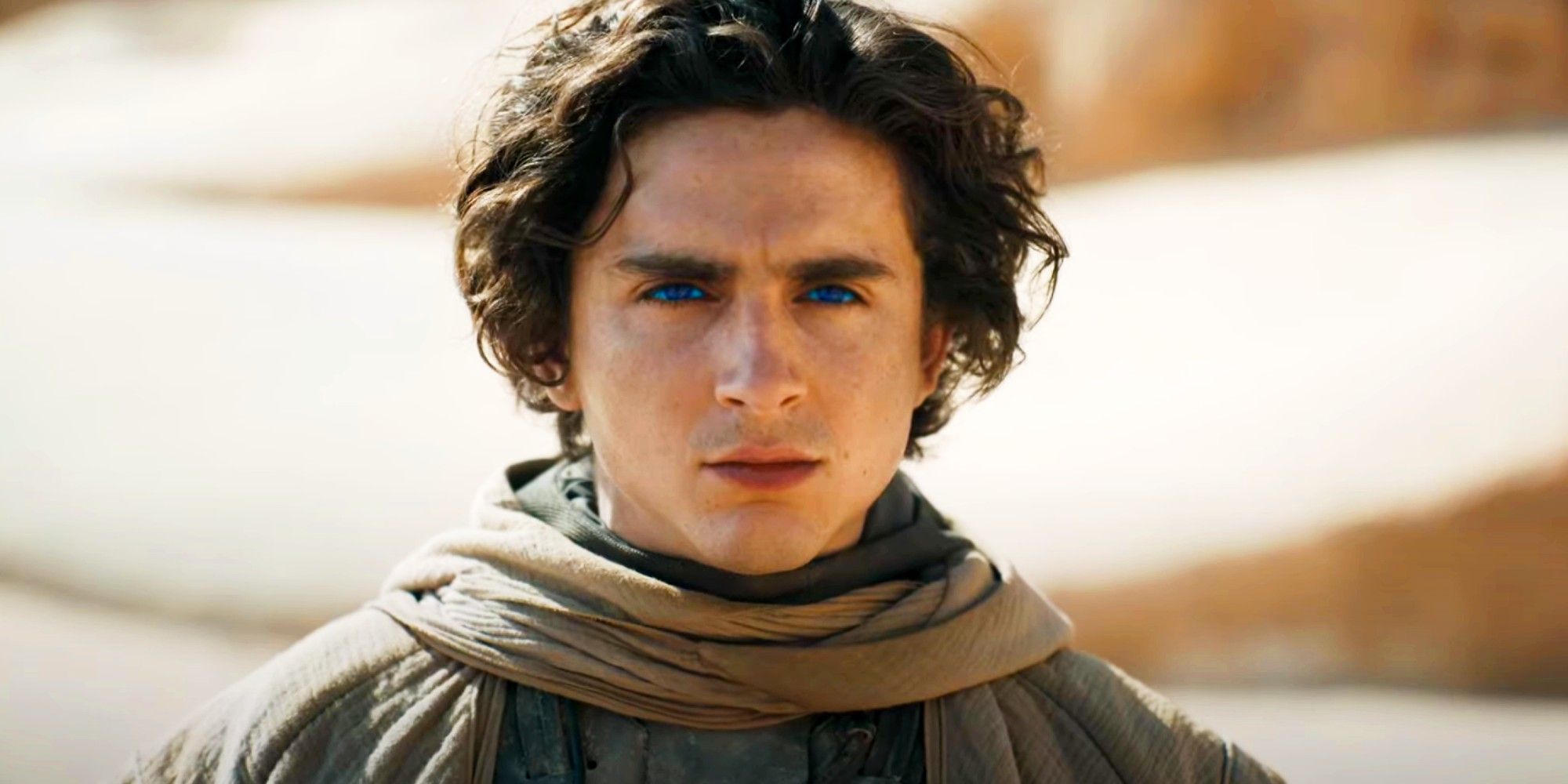

Denis Villeneuve’s first Dune movie only gives a glimpse of how Frank Herbert wished to portray Paul and leaders like him. While it is hard not to assume that Paul is the hero of the story almost throughout Dune‘s runtime, his visions of the future highlight how his ascension would ultimately lead to a universal jihad. Dune: Part Two delves even deeper into the Lisan al Gaib prophecy, explaining how, despite being aware of how his actions will ultimately lead to universal genocide, Paul chooses to embrace his destiny in a way that defies the very notion of heroism.
Every time he sees visions of the jihad his actions could cause, he finds himself in a moral dilemma where he cannot help but question whether the ends ever justify the means.
However, even though Dune: Part Two affirms that Paul is not a hero, it does not necessarily confirm he is a villain. As seen in the film, Paul’s decision to embrace his destiny is not driven by his lust for power. Instead, every time he sees visions of the jihad his actions could cause, he finds himself in a moral dilemma where he cannot help but question whether the ends ever justify the means. Unlike most typical villains, Paul has highly virtuous motives, but his situation and destiny ultimately make him both a savior and the cause of mass destruction.
Paul Is Motivated By Helping Humanity And Keeping Chani Alive
Paul thinks he is choosing the lesser evil
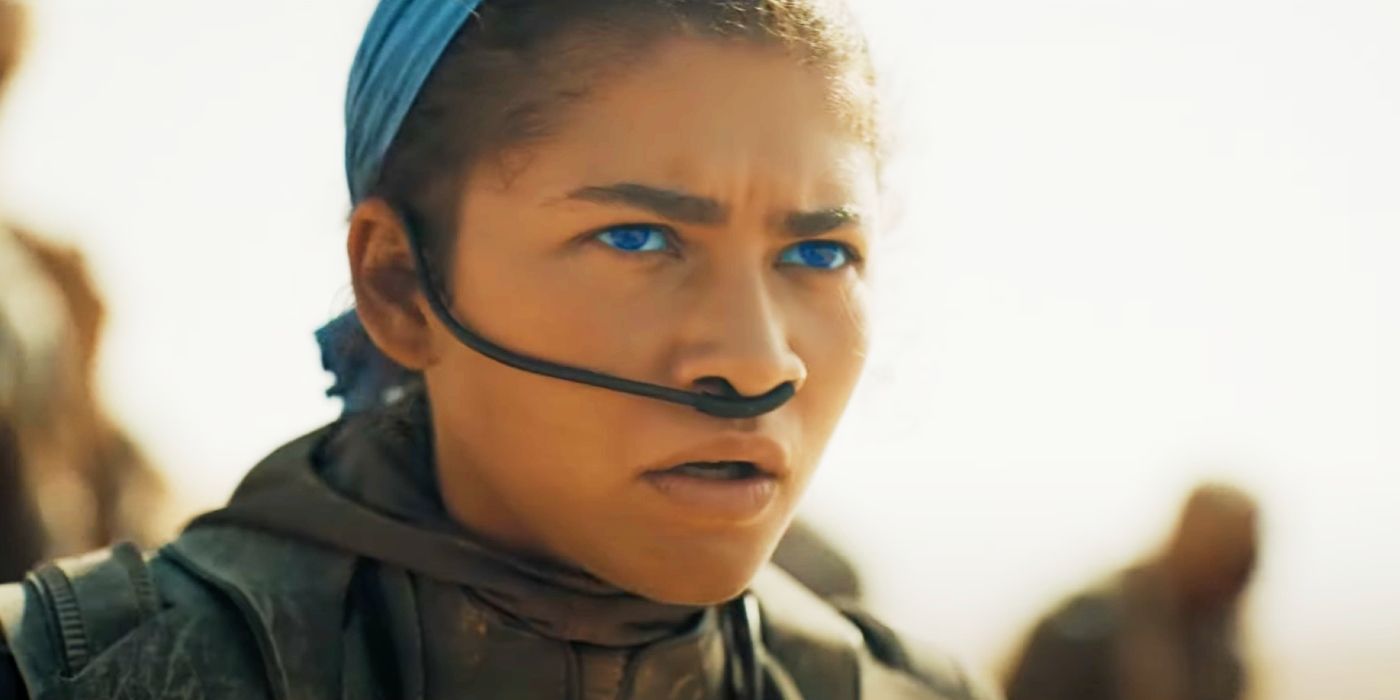
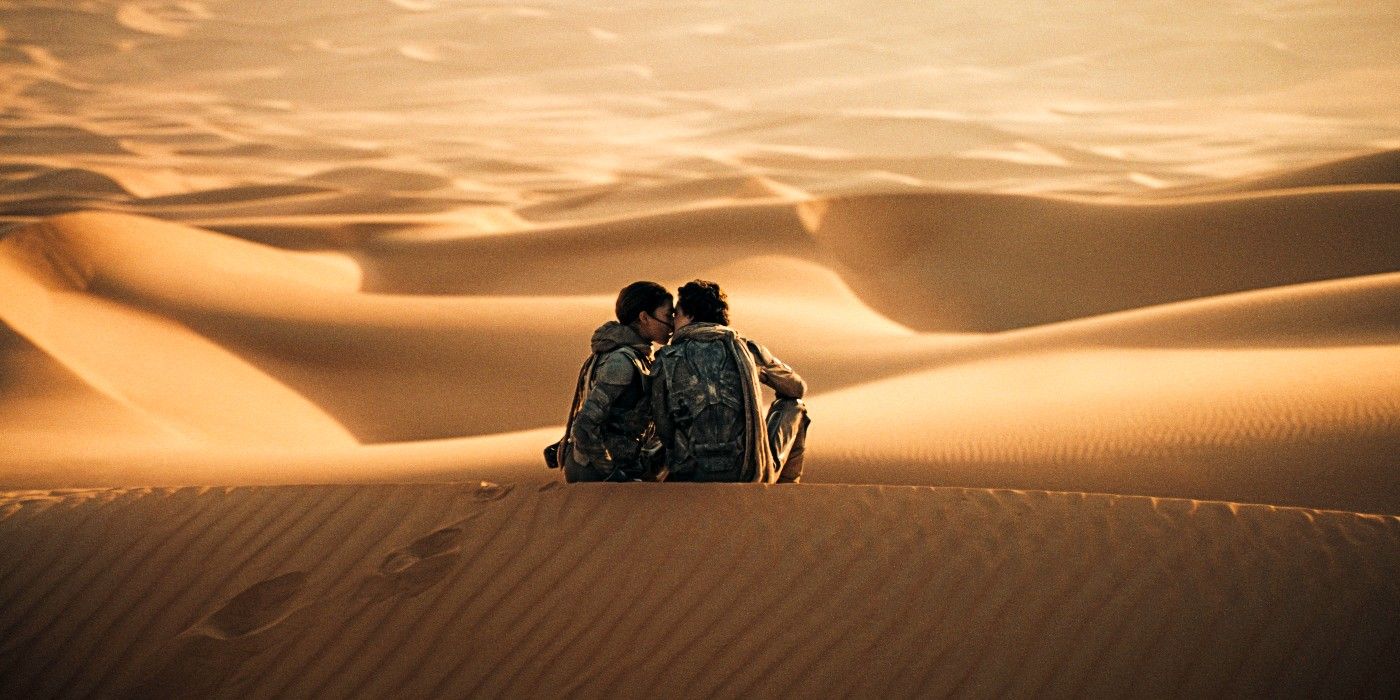
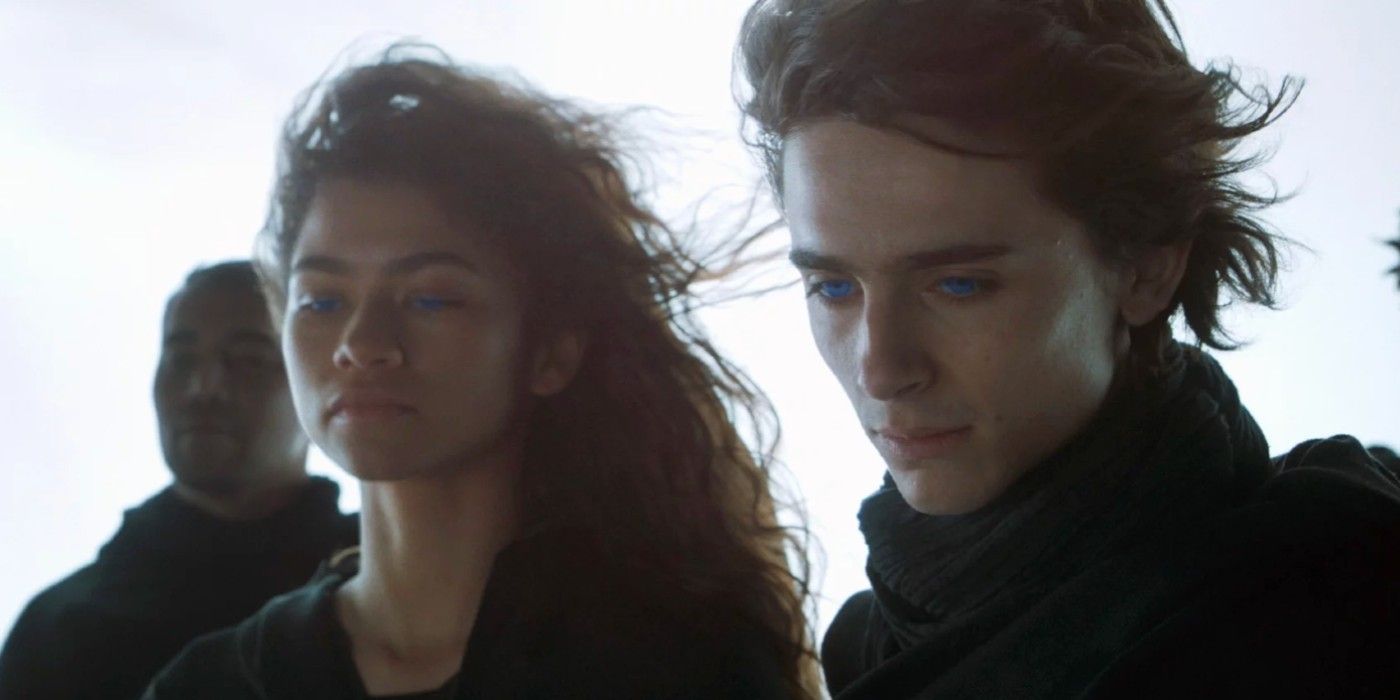
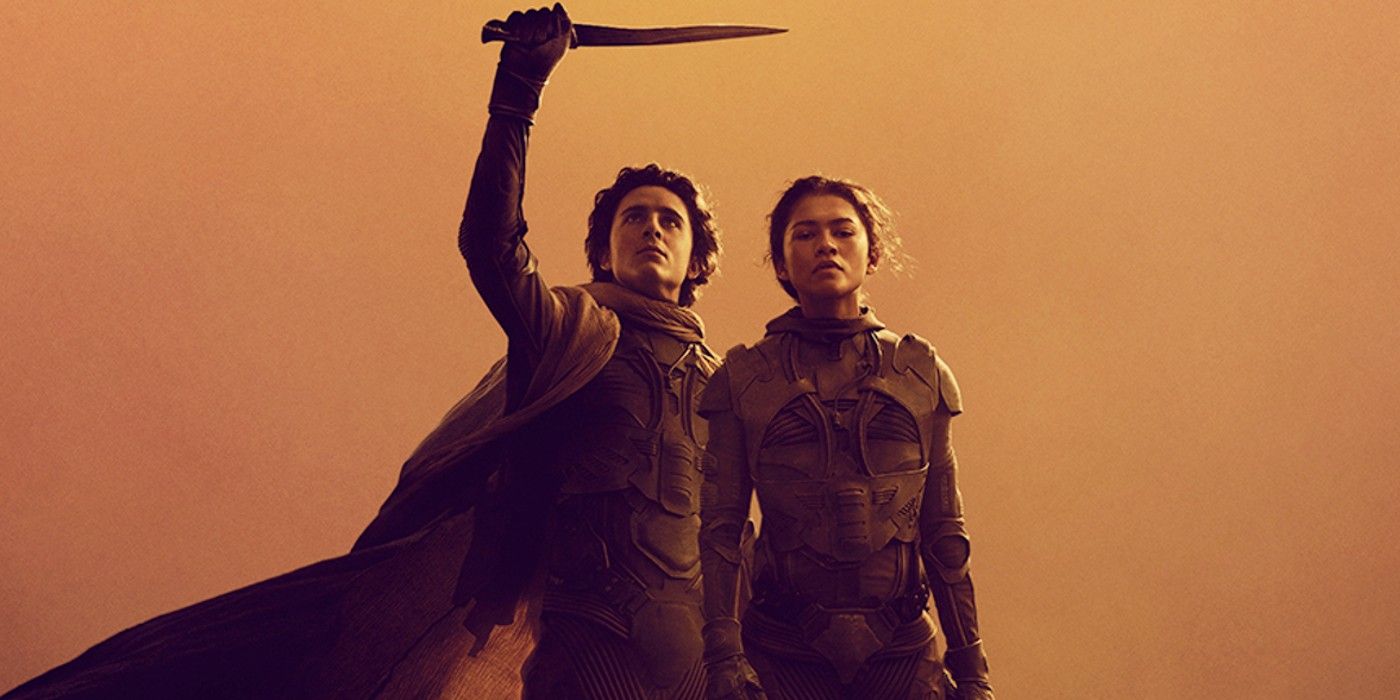
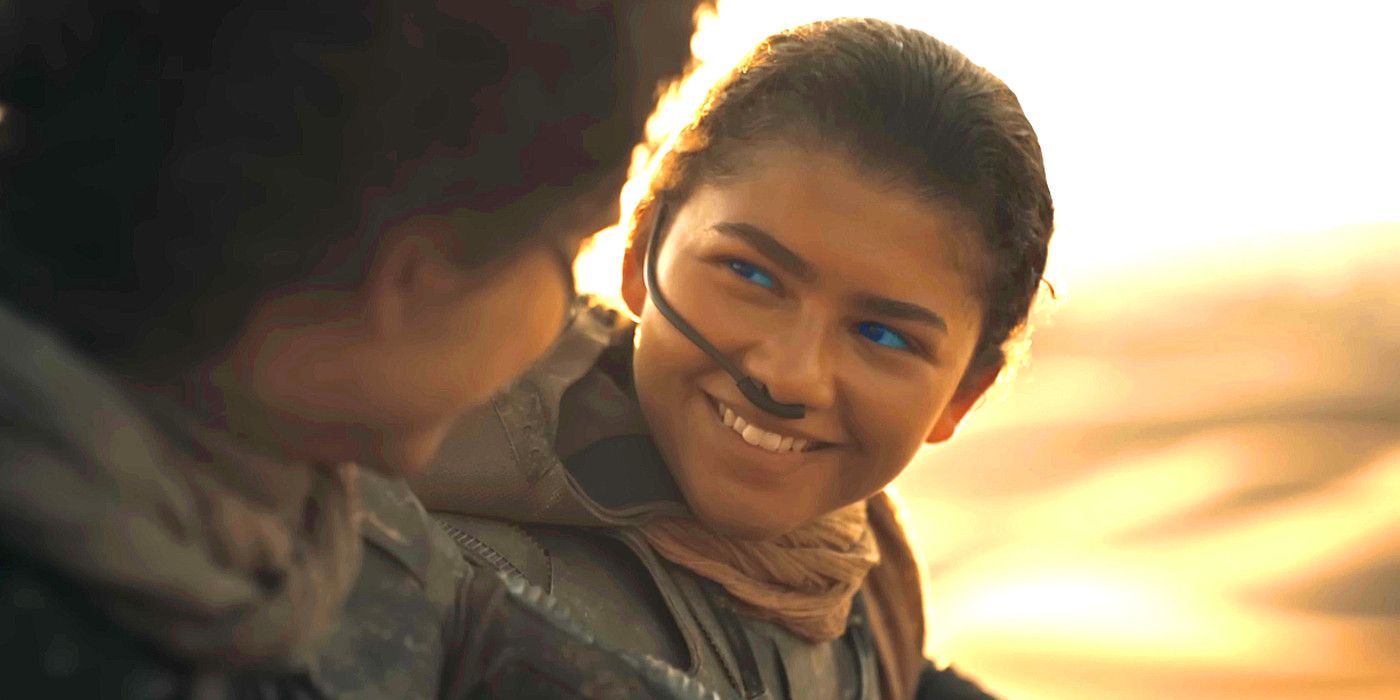
By embracing the Lisan al Gaib prophecy, Paul finds himself in a moral paradox where his actions avenge the murders of his loved ones, save humanity, and keep Chani safe, but, at the same time, they also lead to the death of billions of people. With one foot in the terrible consequences of heeding the call of his destiny and the other firmly planted in following his moral compass, Paul’s decision ultimately becomes a delicate balance between two evils. Ultimately, he does what he perceives to be the greater good, leading him to trigger the holy war towards the end of Dune 2.
Dune Messiah Proves Paul Is An Antihero, Not A True Villain
One Dune: Part Two scene foreshadows how Chani’s perception of Paul may change
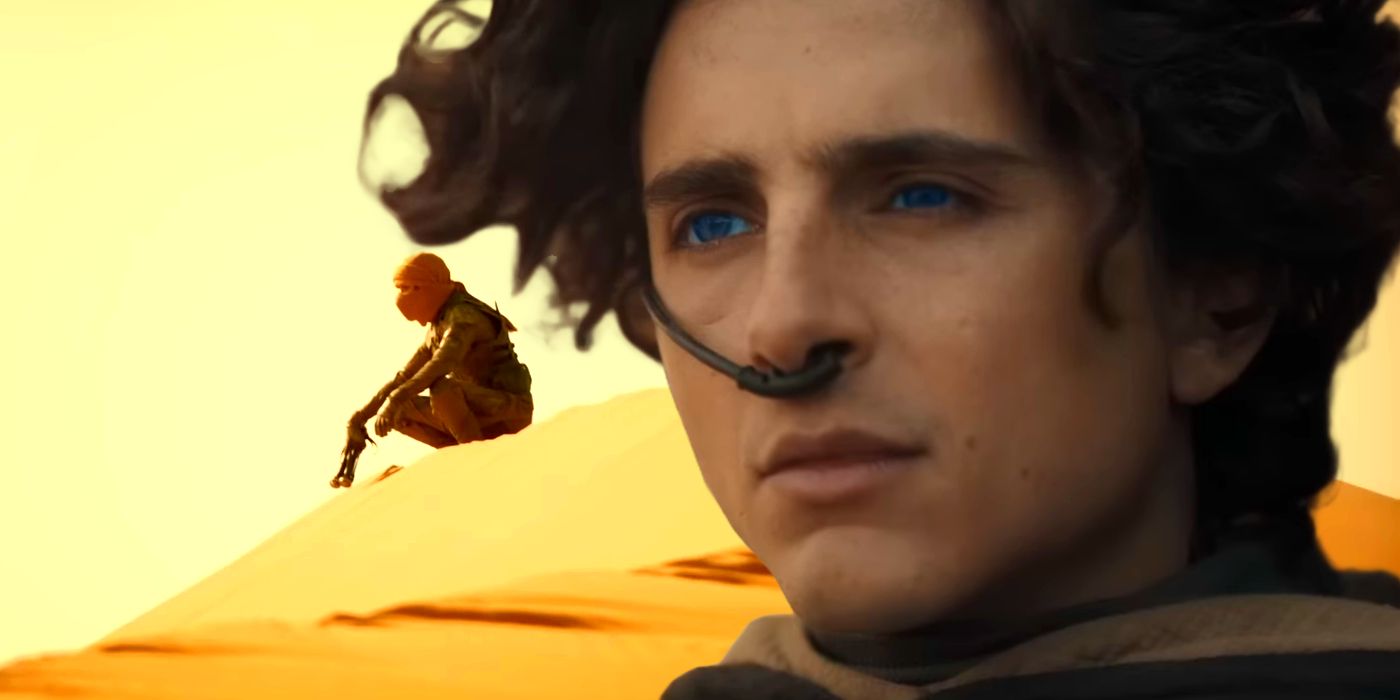
In Dune: Part Two‘s ending moments, it becomes evident that the film’s perspective is shifting from Paul’s point of view to Chani’s. This change in perspective highlights how Chani is the movie series’ new main hero, while Paul is the charismatic leader Frank Herbert warned against. While this seemingly paints a black-and-white picture of how Chani is now on the good side while Paul is on the evil end of the spectrum, Dune Messiah will prove that Paul’s narrative is more complex, and he is more of an anti-hero.
After Paul drinks the Water of Life in Dune 2, he tells Jessica that Chani will eventually understand what he is doing. Since Dune 2 significantly changes Chani’s story from the original books, one can only guess what Paul is trying to imply. However, the Dune: Part Two scene suggests that Chani will ultimately see eye-to-eye with Paul in Dune Messiah, realizing that as destructive as his actions might have seemed, they were driven by a sense of necessity. With this, Dune Messiah will, in many ways, subvert how Dune 2 portrays Paul by blurring the lines between heroism and villainy.


